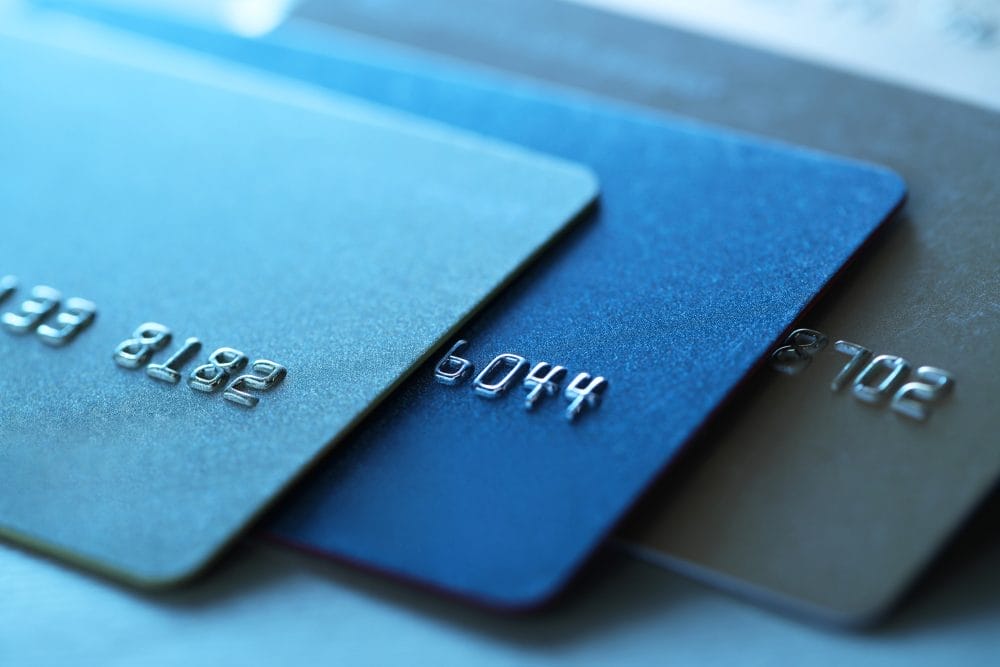Credit cards look simple on the surface: swipe, tap, or click, then pay later. But beneath that shiny plastic lives a maze of rules so quirky that even seasoned cardholders don’t know half of them exist.
Some of these rules protect banks, some protect consumers, and others seem like they came straight out of a corporate comedy sketch. Yet all of them can affect how much money stays in your pocket—or vanishes without a trace.
Rule 1: Interest Charges Can Sneak In Even If You Pay “On Time”
Many people assume that paying by the due date keeps interest away, but that’s not always true. If you only pay part of the balance, the remaining amount racks up interest from the day of purchase, not from the due date.
Even worse, some cards erase your grace period if you carry a balance from the previous month. That means you could be charged interest on new purchases instantly, even if you’re paying the bill as instructed. It’s like paying a penalty for being punctual but not “perfect.”
Rule 2: Closing an Old Card Can Lower Your Credit Score
It sounds logical to cancel a card you don’t use, but the scoring system disagrees. Closing an account lowers your overall available credit, which can instantly raise your utilization ratio. That ratio is a major factor in credit scoring, so your score could drop overnight. Plus, you lose the age of that card, which shortens your average credit history length. In the world of credit, “out of sight, out of mind” doesn’t apply.
Rule 3: You May Be Responsible for Your Partner’s Purchases
Joint accounts and authorized users don’t always follow the same rules, and that’s where things get tricky. If you co-sign on a credit card, you’re legally on the hook for every charge, even if you didn’t swipe the card. Authorized users, however, usually aren’t liable—but their activity still shows up on your credit report. This setup can boost credit for some but cause financial headaches for others. Love may be blind, but it definitely isn’t debt-proof.
Rule 4: Some Cards Block Certain Types of Transactions
Not every card is accepted everywhere, and sometimes the restrictions are oddly specific. Certain cards refuse to process gambling charges, lottery tickets, or cryptocurrency purchases. Others may block transactions with sketchy-sounding merchants, even if the business is perfectly legal. These rules come from a mix of federal laws and the card issuer’s internal policies. The bottom line: your card might say “no” when you least expect it.
Rule 5: Refunds Can Hurt More Than Help
You’d think a refund would always be good news, but credit cards don’t play by that script. When a merchant sends money back to your card, it reduces your outstanding balance instead of handing you fresh cash. If you’ve already paid the bill in full, the refund becomes a credit balance that just sits there until you spend it. In some cases, it can take weeks—or even months—to request an actual payout. That “cha-ching” moment isn’t as instant as it sounds.
Rule 6: Minimum Payments Can Trigger Massive Interest
The minimum payment looks harmless, but it’s often a trap designed to keep balances rolling. Paying only that tiny amount ensures the bulk of your balance collects interest like a snowball rolling downhill. Some lenders even structure minimum payments so low that balances could last decades. Add in compounding interest, and the debt can double before you know it. What feels like a relief today may turn into a money drain tomorrow.
Rule 7: Credit Card Companies Can Change Terms Without Much Notice
Credit card contracts may be long and boring, but the fine print matters. Issuers have the power to tweak interest rates, fees, or reward programs with just a short notice window. Sometimes they bury the changes in your monthly statement where you’re least likely to look. The result is that your favorite benefits could vanish overnight. In the credit world, stability is more illusion than guarantee.
Rule 8: Foreign Transaction Fees Can Happen at Home
Foreign transaction fees aren’t only for overseas shopping sprees. You can get hit with them when buying online from a company that processes payments abroad. Even if the website looks local and lists prices in your currency, the backend processing can still trigger the fee. At around 3% per purchase, that charge can sting fast. Sometimes the “foreign” part hides in plain sight.
The Fine Print Is Stranger Than Fiction
Credit cards may seem like straightforward tools, but their hidden rules reveal a world full of twists and traps. Knowing these quirks can keep your money safe, your score strong, and your stress levels low. What seems harmless—like canceling an old card or accepting a refund—can change your financial picture overnight. The best defense is paying attention and treating every statement like a mystery waiting to be solved.
Which of these rules surprised you most? Share your thoughts or drop a comment to keep the conversation going.
You May Also Like…
6 Things Credit Card Companies Hope You Never Figure Out
6 Clues You Are Overusing Your Credit Cards
How Many Credit Cards Should You Have?
8 Surprising Costs Linked to Credit Monitoring Services
7 Credit Card Perks That Come with Hidden Pitfalls








